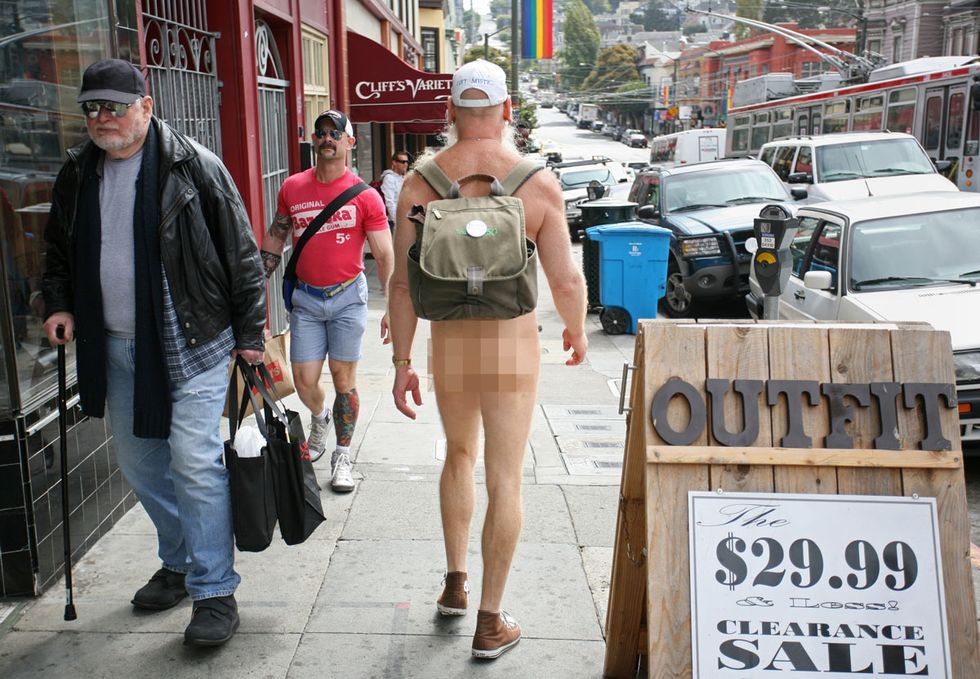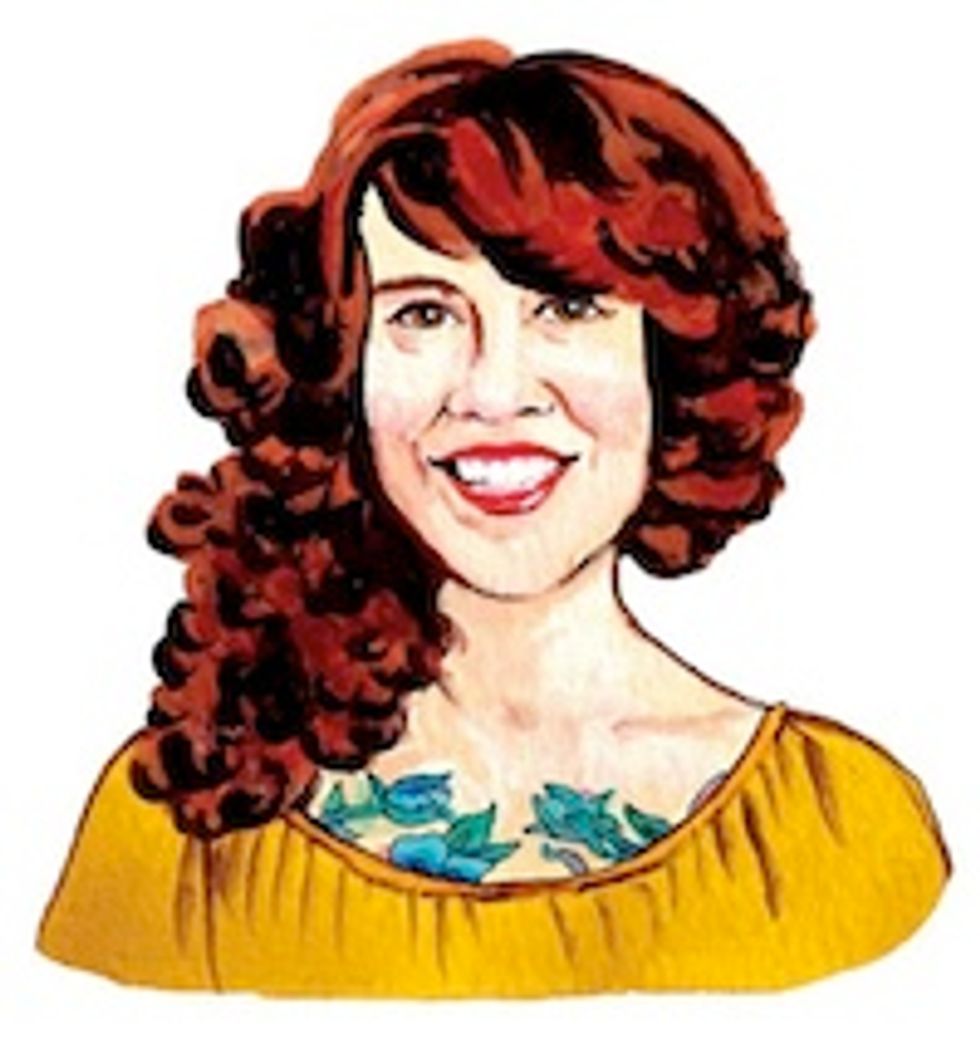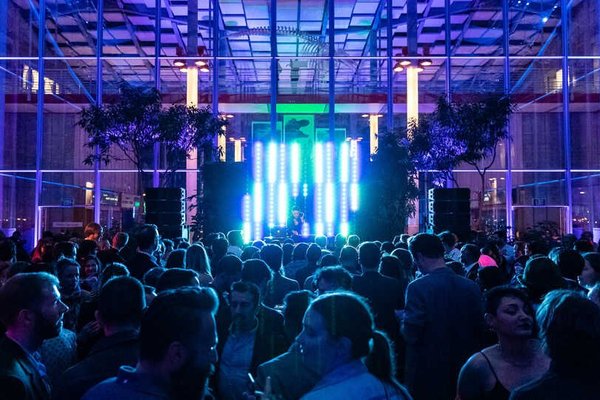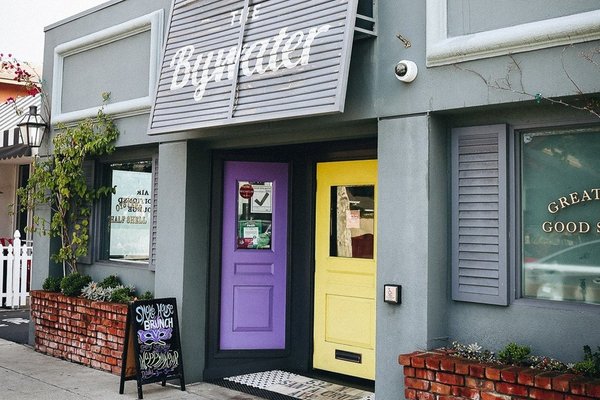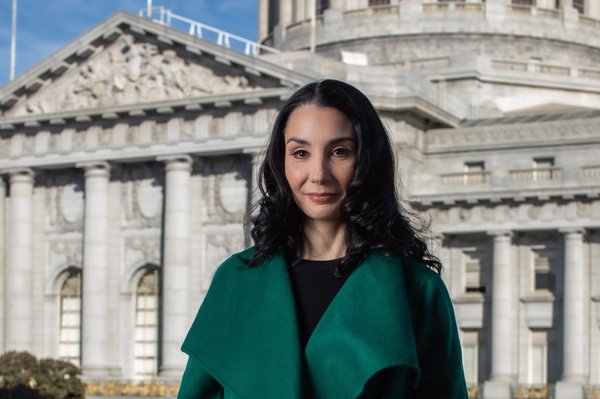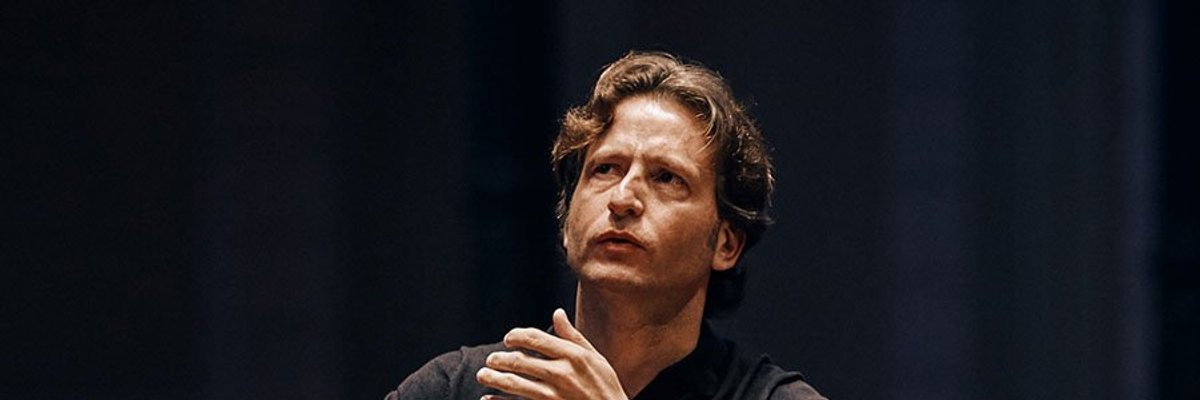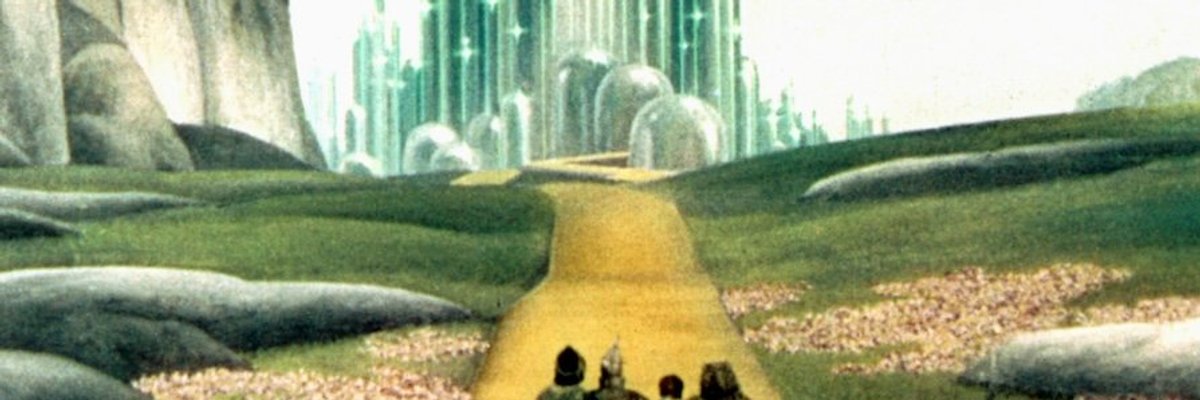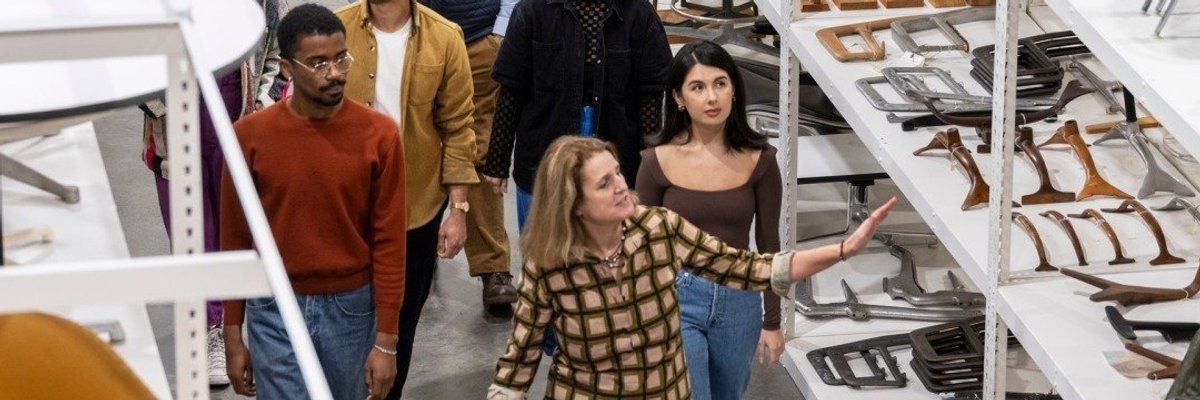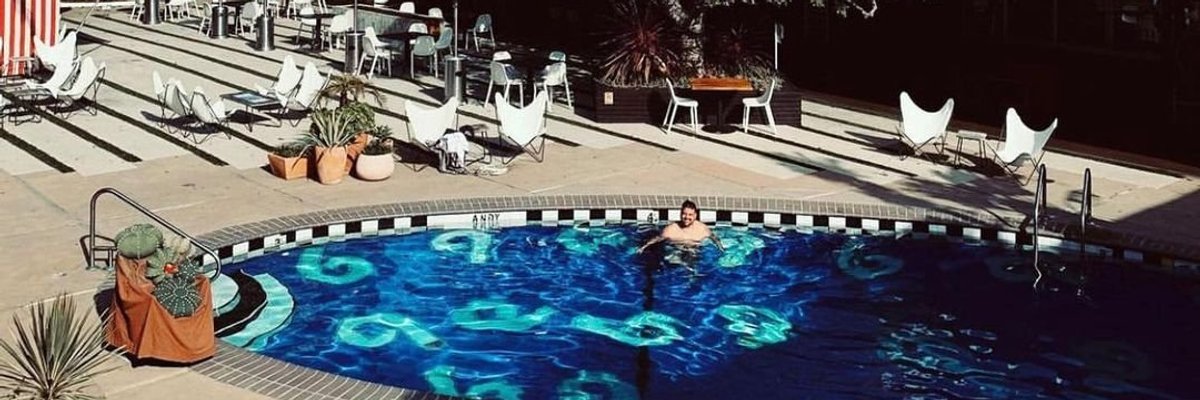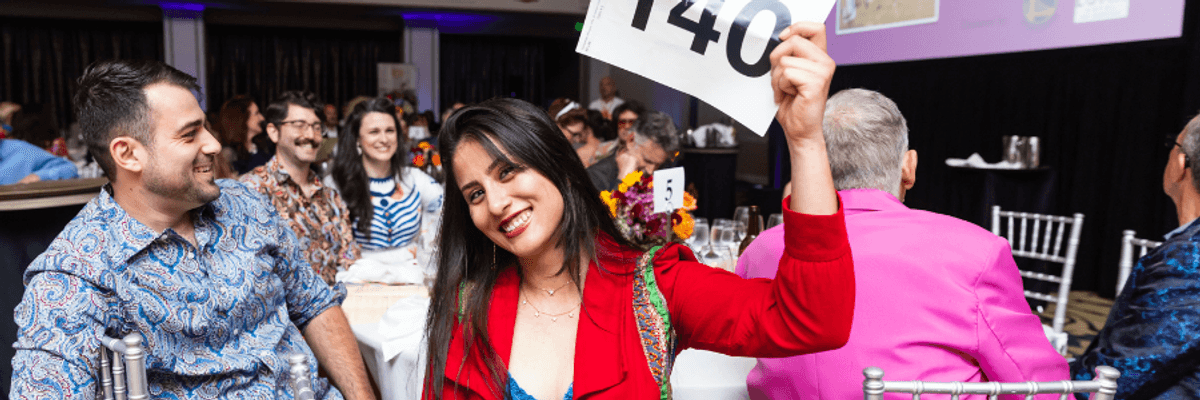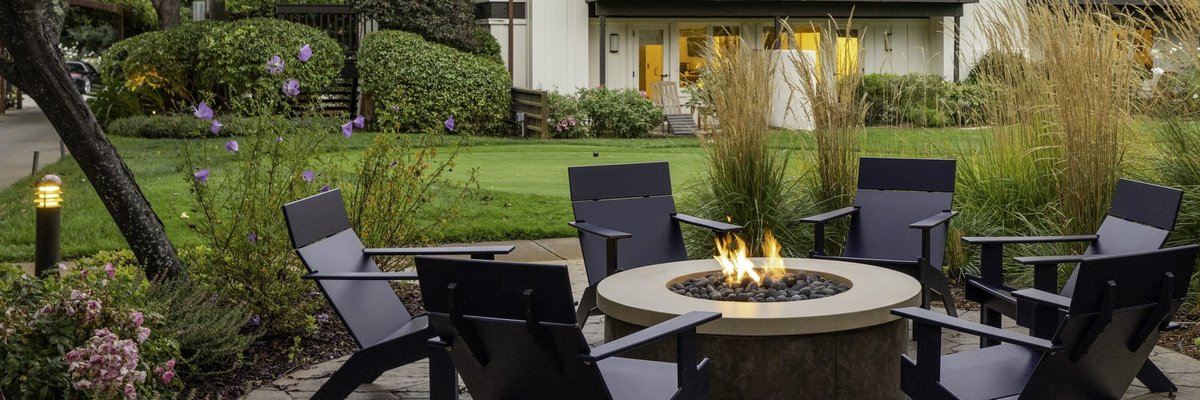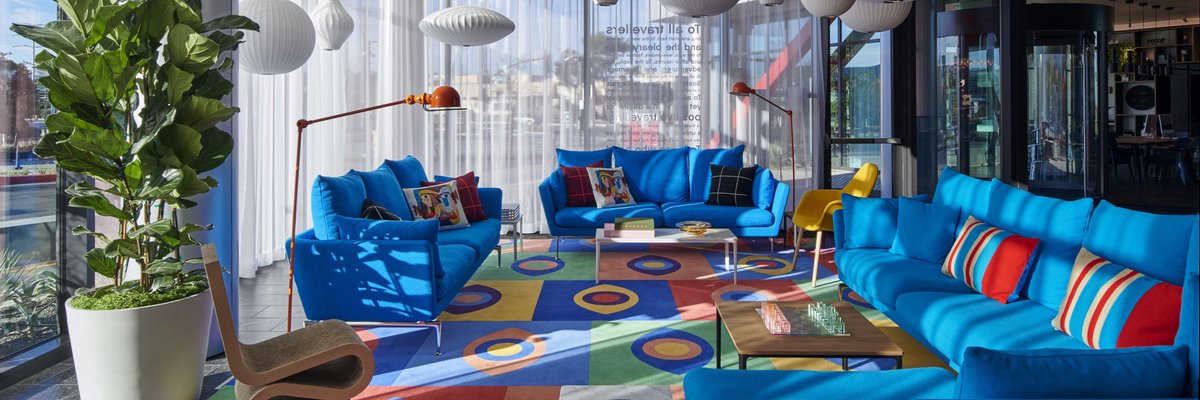Hot nights in San Francisco make people a little crazy. More scarce than meteor showers, they fill me—a native New Englander—with a mix ture of nostalgia and urgency. Today, rising evening temperatures might mean taking a stroll and enduring the line at Bi-Rite Creamery. But in my 20s, they meant going shirtless around town.
I took my shirt off a lot in my 20s. In the young and queer playground of the 1990s Mission, everyone tested how far they could push the limits of gender and sex and art and protest. All the hottest girls looked like boys, and body parts were exposed nightly at performance-art dance clubs, where girls were decoratively pierced and woven with thread, like some ’90s modern-primitive version of a ’70s string-art kit.
For me, taking off my shirt was the amazing apex of all of these things. Even a died-in-the-chiffon girly girl like me questioned compulsory femininity, chopping off my hair and whipping off my top on the dance floor. I felt tough and sexy, wild and daring with my T-shirt stuffed in the back pocket of my cut-off camo shorts. Like all things personal, it was also political—if men could take off their shirts, then why couldn’t women? I thought women’s bare breasts were criminalized so that men could keep them for themselves (and make money off of them in strip clubs).
On one magically hot night in 1990s San Francisco, people with hand drums took to the streets of the Mission, giving it the vibe of a festival. My best friend Frankie and I set out on an adventure. Like me, Frankie was messing with gender. (His exploration would lead him to transition to male at the end of this era. Whereas mine led me back to lipstick and dresses.) Rambunctious and androgynous as a couple of teenage boys, we decided we simply must ride around in a convertible. No one we knew drove such a car, or any car at all, really. We went into the Castro, to Collingwood Park, where men had sex with one another in the bushes. There we found some convertible-cruising guys who were charmed at the thought of giving a couple of gender-queer ruffians a ride. We whipped our shirts off in the back of the car, scandalizing our chauffeurs in a pleasant, campy way. We were all looking for a story to tell. “Some rich gays took us around in their convertible,” we’d tell our friends. “Some crazy dykes took their shirts off in our car,” they’d tell theirs.
Our ride dropped us off at the Cafe San Marcos, the Castro club (now The Cafe) that touted itself as a lesbian bar even though it was filled with mostly gay men, who drank and danced to the awful techno music my friends and I hated. Almost as a joke, we went inside to dance. The place was packed, and on the hot and sweaty dance floor, I again pulled off my shirt and stuck it in my back pocket, just as I did at the grungier clubs I frequented in SoMa and the Mission.
The staff was on me before I could even begin vogueing. “Put your shirt back on, or you’ll have to leave,” they told us sternly.
“But they don’t have their shirts on,” I said as I pointed to the 30 or so men dancing shirtless all around me. I took this so personally at the time, young and drunk and deeply invested in changing the world. How could a fellow gay person oppress me with these patriarchal laws?
We let the club physically throw us out of their establishment. We landed topless on Market Street, feeling hurt and triumphant, like we had both won and lost a battle. We strolled toward Castro Street, turned onto 18th Street, and sat on a bench there. The street was fairly quiet; it had grown late.
Suddenly, across the street, illuminated in the glow of the lamplight, two completely naked men ambled by, holding hands. They glanced at us briefly, shot us warm smiles, and continued onward. They were older than us, their hair gray. I suspected they had dealt with levels of homophobia and oppression I couldn’t imagine. They’d found a place—a city, a home—where they could not only walk around gay without getting their asses kicked, but they could walk around naked and gay without being harassed. I loved them so much it nearly moved me to tears.
Nowadays, I mostly keep my clothing on in public. But I still love that my city is a place where people push boundaries, and I get a kick out of spotting the random naked person about town. It makes San Francisco the city that it is, and it makes the Castro the Castro. The new ordinance banning public nudity is a smack in the face to our collective bohemian history. That it has been enacted under the banner of some family-friendly rhetoric is even more outlandish. As a person in the process of starting my own family, I have no problem with my future child spying a naked person on the street. I can imagine the dialogue we’ll have about it, the giggles. At most, naked people are just silly.
Much harder to explain will be questions such as “Why is that person sleeping on the street, or why is that person yelling at the bus shelter?” These are common sights in my neighborhood, spotted multiple times on the daily, and are a painful reality to have to explain to an innocent child. “Why isn’t anyone helping them?” I imagine my offspring asking.
“Well, everyone is too busy trying to make the naked people put their clothes on,” would be a not-untrue answer. I understand that many people don’t like the sight of a naked person, but this is the basis for all kinds of bad laws—especially laws that are harmful to queer people. Personally, I don’t like the sight of the gentry clogging up the Valencia corridor, but you don’t see me lobbying my supervisors to write bills to keep them sealed inside their million-dollar homes, do you? That’s because I’m tolerant. New San Francisco needs to take a page from the city of yore, which always welcomed perverts and drag queens, hookers and stoners, and, yes, the occasional gentleman naked but for a pair of fugly sandals and a sun visor. The city must live up to its liberal proclamations, or it will risk losing the identity that makes it such a truly special place.
Michelle Tea is a writer and the founder of literary nonprofit Radar Productions. Her most recent novel, Mermaid in Chelsea Creek, is the first of a series.
Calling all SF writers: Submit your story for consideration to ledger@7x7.com.
This article was published in 7x7's July/August issue. Click here to subscribe.



